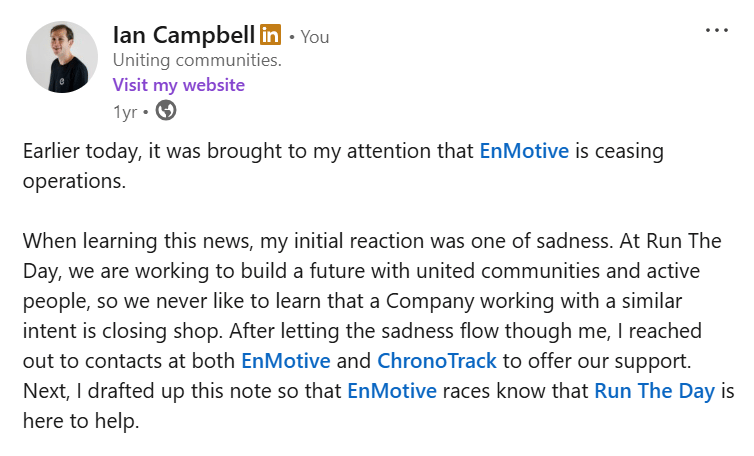- Build Your Community
- Posts
- Bill Gates Gets Organized
Bill Gates Gets Organized
I recently read Source Code, Bill Gates’ childhood memoir. The book ends as Bill drives back to Seattle as a 23-year old who runs a small company called Microsoft with 12 employees.
One of the things that struck me from the book is how often Bill talked about getting organized.
From a young age, Bill’s father, a lawyer, encouraged Bill to get organized. Bill even stayed an extra semester in the 8th grade before moving schools, so he could continue his work as a librarian’s assistant - helping to organize the school library.
Years later, when Bill was starting Microsoft, he would tell his father that he was getting organized. Not just to make his father proud, but because it was the truth. While Bill was writing software that would be worth trillions of dollars, he needed to pause and organize his code, his thoughts, his company and his life.
So often, we think that success comes from a brilliant new idea. Sometimes that is true. But more often, it comes from getting organized.
Google is a perfect example. The internet already held the world’s knowledge. Google’s value came not from creating more information, but from making the existing information easy to find. Organizing information on the internet built Google into a company that is worth $2.5 trillion. And while starting a company that’s worth $3.8 trillion (Microsoft), Bill Gates prioritized getting organized.
So getting organized must be pretty important.
It turns out that getting organized is important for more than building a trillion dollar company. It’s needed for all types of things - including directing a race.
When thousands of people come together on race day, it can get chaotic. Every minute matters. With the many moving pieces, organizing the vendors, volunteers, shirts, bibs and registration data can be a challenge.
I get calls from race directors who are excited to switch to Run The Day because they admit they are disorganized. They tell me “my race website has wrong information, but I don’t know how to fix it” or that the race’s previous director “set up registration in a confusing way, so now I have no idea where our data is or how the flows work.”
This pains me to hear. Wrong information and confusing systems create anxiety and frustration.
That is why Run The Day helps races to get organized and stay organized. By keeping data in one place that is easy to access, we like to make life easier for race directors. That way, races can be organized and nobody needs to waste precious time reading boring FAQ documents or watching hours of YouTube ‘how to’ videos.
Just like the 8th grade Bill Gates liked to organize his school’s library so his classmates could easily find books, we like to help races get organized so that everyone can easily find the information they need to make race day is a huge success.
Thank you Bill, for helping me appreciate the value of getting organized.
Have a great Labor Day weekend!
-Ian
1 Year Since EnMotive Died: What Happens When A $600 Million Company Does NOT Care About Races
I can’t believe it’s been a year since EnMotive announced it was closing shop. While I still don’t know all the details, I suppose this is just what happens when a big company decides that races aren’t important.
After revisiting my LinkedIn post from last year (below), I decided to write a new blog - What Happened to EnMotive?

Ian’s LinkedIn post when EnMotive died
Thank You Philly 10K!!!
The weather was beautiful for the thousands of runners who finished Sunday’s Philly 10K.
Ian CampbellCEO @ Run The Day Uniting communities. |



